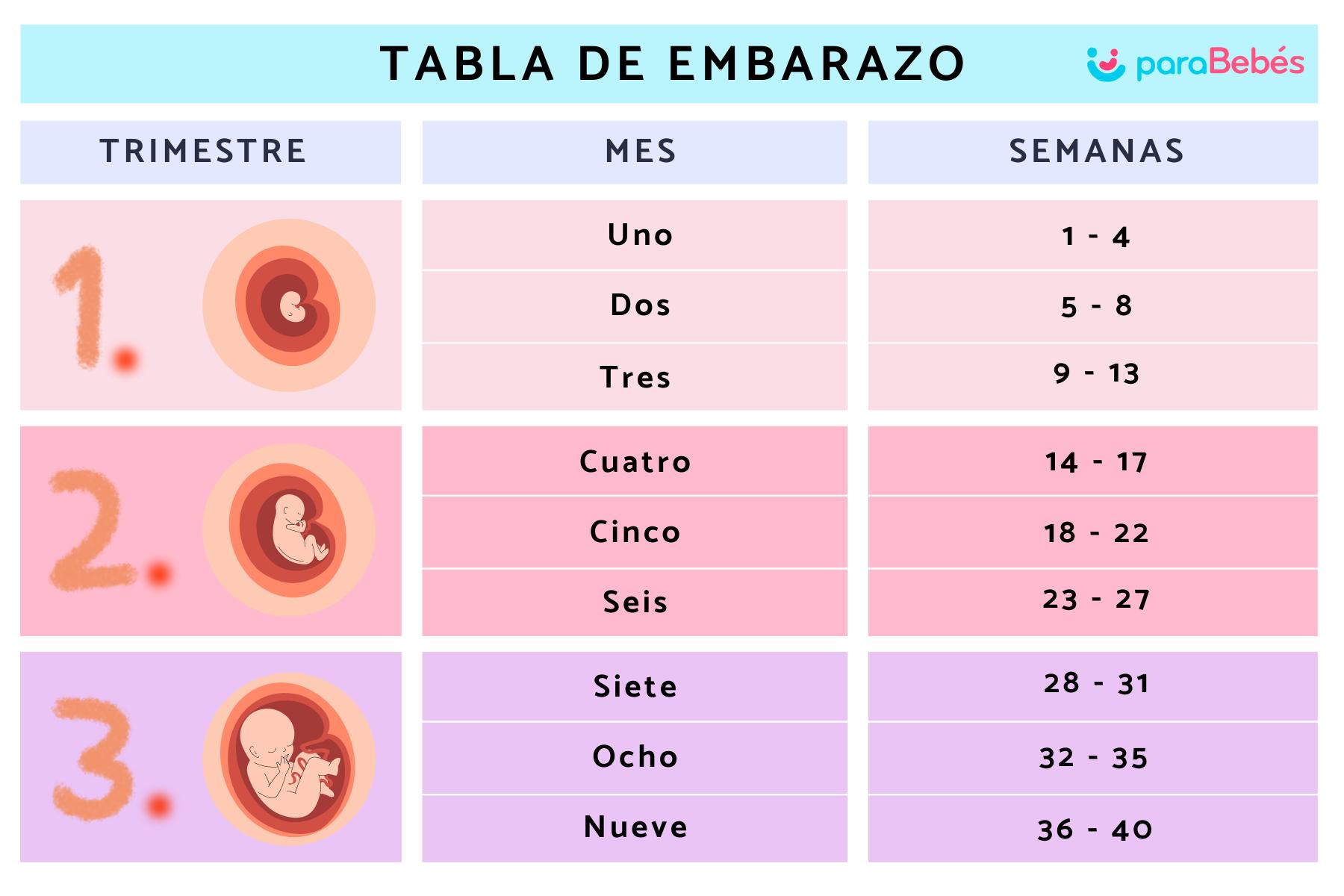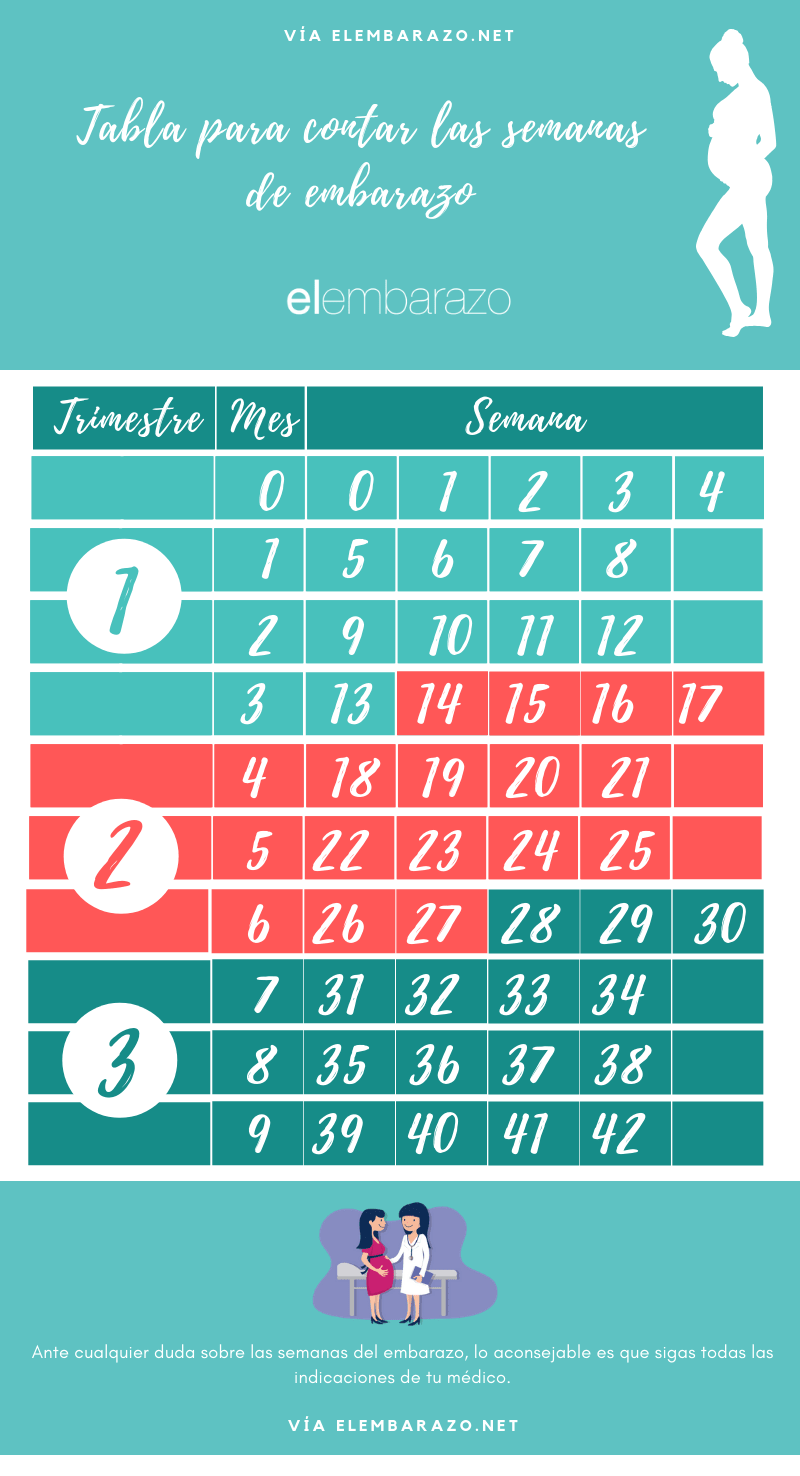Understanding how many weeks are in 7 months is a common question that arises when planning pregnancies, events, or projects. Whether you're calculating gestational weeks or simply curious about time conversion, this article will provide a detailed answer to your query.
Time measurement is an essential part of our daily lives, and knowing how to convert months into weeks can simplify planning and scheduling. Many people find themselves asking, "How many weeks are in 7 months?" This article aims to clarify this question and provide practical insights into time conversion.
By the end of this guide, you'll have a clearer understanding of the calculations involved, the variations in months' lengths, and how these factors impact your calculations. Let's dive in!
Read also:Creamy Red Bull The Ultimate Guide To This Energizing Treat
Table of Contents
- Introduction
- Biography (If Applicable)
- Calculating Weeks in 7 Months
- Variations in Months
- Pregnancy and Time
- Time Management Tips
- Historical Perspective on Time
- Common Mistakes in Time Conversion
- Tools and Resources
- Conclusion
Calculating Weeks in 7 Months
When you ask, "How many weeks are in 7 months?" the answer depends on the context and the specific months involved. On average, a month has approximately 4.35 weeks, which means 7 months would equate to around 30.4 weeks. However, this calculation can vary slightly based on the calendar months being considered.
To calculate weeks in 7 months, you can use the following formula:
- Take the total number of days in the 7 months.
- Divide the total days by 7 to get the number of weeks.
This method ensures a more accurate result, especially when dealing with specific months like February or months with 31 days.
Understanding Calendar Months
Not all months have the same number of days. For instance:
- January, March, May, July, August, October, and December have 31 days.
- April, June, September, and November have 30 days.
- February typically has 28 days but 29 during a leap year.
These variations can slightly alter the total number of weeks in 7 months.
Variations in Months
Months differ in length, which affects the calculation of weeks. To better understand this, let's break down the average number of weeks in each month:
Read also:Elon Musk Vs Yilong Ma A Comparative Analysis Of Two Visionary Entrepreneurs
- Months with 31 days: Approximately 4.43 weeks.
- Months with 30 days: Approximately 4.29 weeks.
- February: Approximately 4 weeks (or 4.14 weeks during a leap year).
Considering these variations, the total number of weeks in 7 months can range from 29.7 to 30.8 weeks, depending on the months involved.
Why Does This Matter?
Precision in time measurement is crucial in various fields, such as:
- Healthcare: Accurate gestational week calculations are vital for monitoring pregnancies.
- Project Management: Time tracking ensures deadlines are met.
- Event Planning: Proper scheduling enhances organization and efficiency.
Pregnancy and Time
One of the most common contexts for asking, "How many weeks are in 7 months?" is pregnancy. Pregnancies are typically measured in weeks, with 40 weeks (about 9 months) being the standard duration. However, 7 months of pregnancy generally corresponds to around 28 to 31 weeks, depending on the starting date.
Pregnant individuals often use this calculation to track fetal development and prepare for childbirth. Understanding the weeks in months helps in:
- Monitoring trimesters.
- Scheduling prenatal appointments.
- Planning for delivery.
Consulting a healthcare professional is essential for precise calculations and guidance.
Pregnancy Milestones
At 7 months, significant milestones occur in fetal development:
- The baby's lungs begin to mature.
- Brain activity increases significantly.
- The baby starts to respond to external stimuli.
These developments underscore the importance of accurate time tracking during pregnancy.
Time Management Tips
Knowing how many weeks are in 7 months can also aid in effective time management. Here are some tips:
- Set Clear Goals: Define what you aim to achieve within 7 months.
- Break Down Tasks: Divide larger tasks into smaller, manageable steps.
- Use Tools: Leverage calendars, planners, or apps to track progress.
By organizing your time effectively, you can maximize productivity and achieve your objectives.
Tools for Time Tracking
Several tools can help you manage time efficiently:
- Google Calendar: Synchronize events across devices.
- Trello: Organize tasks with boards and lists.
- Notion: Create personalized workflows and databases.
Experiment with different tools to find what works best for you.
Historical Perspective on Time
The concept of months and weeks has evolved over centuries. The modern Gregorian calendar, introduced in 1582, standardized time measurement globally. Prior to this, various cultures used lunar, solar, or lunisolar calendars to track time.
Understanding the historical context of time measurement provides insight into why months vary in length. For example:
- Lunar calendars are based on moon cycles, which last approximately 29.5 days.
- Solar calendars align with the Earth's orbit around the sun, lasting about 365.25 days.
This diversity in time measurement systems explains the variations we see today.
Impact on Modern Society
The standardization of time has facilitated global communication and coordination. However, it also highlights the need for flexibility when converting between different time units, such as months and weeks.
Common Mistakes in Time Conversion
When converting months to weeks, people often make errors. Here are some common mistakes to avoid:
- Assuming all months have 4 weeks (they vary between 4.29 and 4.43 weeks).
- Ignoring leap years when calculating February's length.
- Failing to account for specific months in a given year.
Double-checking your calculations and using reliable resources can prevent these errors.
How to Avoid Errors
To ensure accuracy:
- Use a calendar or calculator to verify the number of days in each month.
- Consult official sources for time-related data.
- Practice converting time units regularly to improve proficiency.
Tools and Resources
Several tools and resources can assist in calculating weeks in 7 months:
- Online Calculators: Websites like TimeandDate.com offer easy-to-use tools for time conversion.
- Mobile Apps: Apps like Due Date Calculator help track pregnancy timelines.
- Books and Guides: Publications on time management provide in-depth knowledge.
Utilizing these resources ensures accurate and reliable information.
Recommended Resources
For further reading, consider the following:
- "The 7 Habits of Highly Effective People" by Stephen R. Covey: A classic guide to time management.
- "What to Expect When You're Expecting" by Heidi Murkoff: A comprehensive resource for pregnancy planning.
Conclusion
In conclusion, calculating how many weeks are in 7 months involves understanding the variations in month lengths and applying appropriate formulas. On average, 7 months equate to approximately 30.4 weeks, but this can fluctuate based on the specific months involved.
Whether you're planning a pregnancy, organizing a project, or simply curious about time conversion, this guide has provided you with the necessary tools and knowledge. We encourage you to:
- Share this article with others who might find it helpful.
- Leave a comment with your thoughts or questions.
- Explore other articles on our site for more insights into time management and related topics.
Thank you for reading, and we hope this information has been valuable to you!


